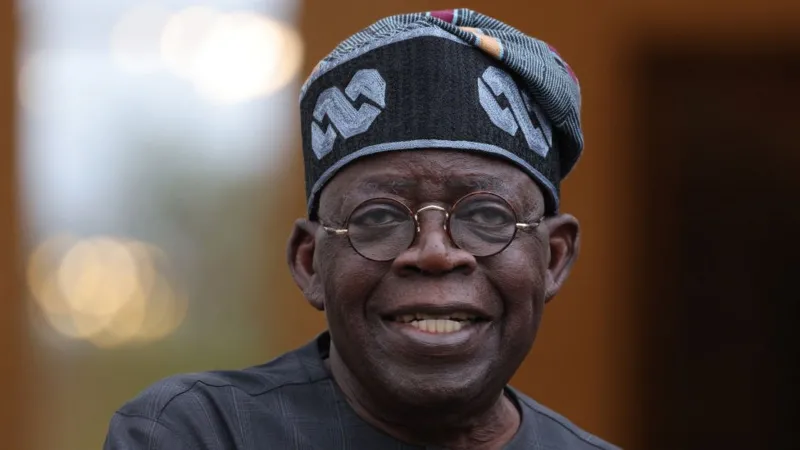Nigeria Faces Economic Challenge as Inflation Reaches 30-Year Record
Nigeria is currently grappling with its highest annual inflation rate in nearly thirty years, hitting a staggering 33.2% in March, as reported by the National Bureau of Statistics (NBS). This marks a notable increase of 1.5% from the previous month, underlining the severity of the economic challenge.
The primary culprit behind this inflationary surge continues to be the escalating cost of food items, including essential staples such as bread, grains, dairy products, eggs, meat, and vegetable oil. Additionally, soaring energy expenses have added to the strain, as manufacturers face elevated costs to power their operations and transport goods across the country.
Despite a recent strengthening of the naira, Nigeria’s local currency, the benefits of this improvement have yet to trickle down to consumer prices. While the naira saw a significant rebound against the US dollar following a record low about a month ago, where it reached 1,825 naira to $1, representing a drastic depreciation of nearly 70%, this positive development has not been mirrored in the cost of goods and services.
Efforts by the Central Bank to tackle inflation, including two consecutive increases in borrowing rates over the past two months aimed at restricting access to capital, have not yielded the desired results. The broader economic landscape paints a grim picture, with Nigeria’s largest economy mired in a deep slump that has pushed many citizens into poverty.
Recent government measures, such as the substantial hike in electricity tariffs by over 300% for consumers with higher energy consumption, ostensibly aimed at reducing subsidy payments and bolstering savings, have faced backlash. Complaints have arisen from Nigerians across various income brackets, indicating widespread dissatisfaction with the perceived impact on their utility bills.
As inflation erodes purchasing power and savings, the government maintains that its economic strategies and policies will eventually stabilize the economy. However, for many Nigerians grappling with the daily realities of dwindling financial resources, the promise of future stability offers little immediate relief.
Presently, the naira exchanges at 1,140 to $1, reflecting ongoing economic turbulence amidst uncertain prospects for recovery.


















